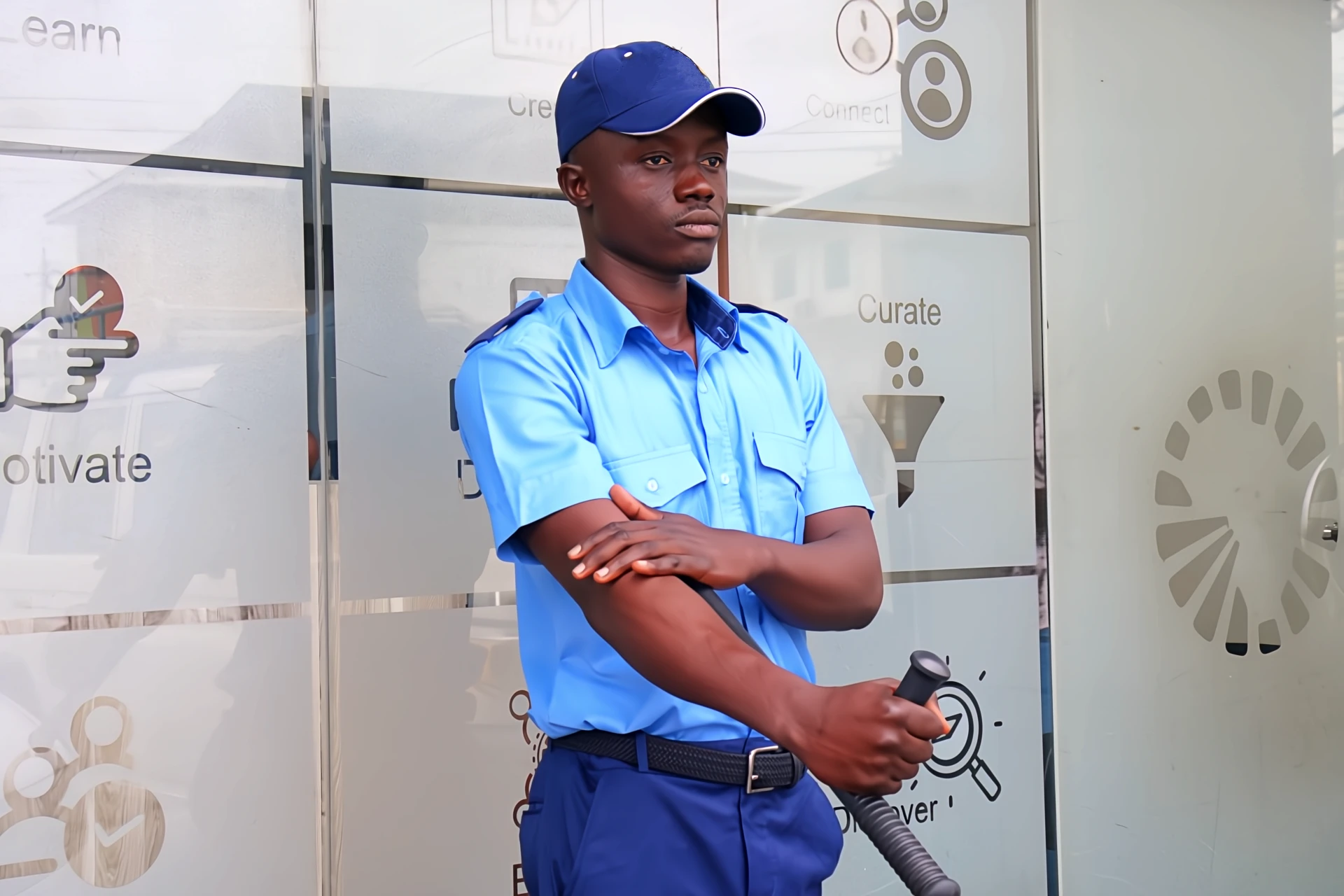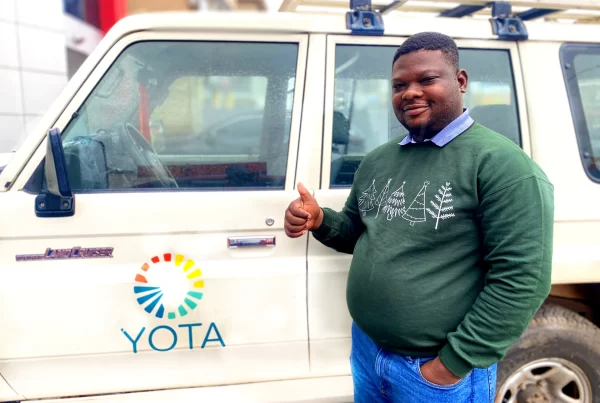
By Nelson Adongo Agorigo
Security and Operation Assistant, YOTA.
In today’s increasingly unpredictable world, where safety is both a necessity and a fragile illusion, the role of a security guard is more crucial than ever. Whether stationed at a bank, office complex, shopping mall, school, or gated residence, security guards serve as the first line of defense, often unnoticed until something goes wrong.
Yet for many of us in this profession, the question remains: Are we truly valued for the protection we provide, or are we simply targets of blame when things fall apart?
The Real Work Behind the Uniform
A security guard’s visibility alone can deter crime, vandalism, or misconduct. Our presence creates an atmosphere of order and vigilance. We are not just there to respond; we are there to prevent it.
When a fight breaks out, an intruder appears, or an emergency unfolds, we are expected to respond instantly. Without weapons, backup, or recognition, we are the ones running toward the threat when everyone else is running away.
We’re expected to enforce rules, protect property, and maintain peace, yet often without the authority or tools to do so effectively. A guard is expected to be a security expert, conflict resolver, and emergency responder all in one.
Challenges Few Understand
If anything goes missing, if someone sneaks through, or if a gate is left unlocked, it’s always “the security man’s fault,” even when it’s a system failure or oversight from another department.
Despite long shifts, overnight duty, and facing physical danger, many guards are underpaid and lack proper health benefits or insurance. Yet the pressure never fades.
We are sometimes treated like background props, ignored by visitors, shouted at by staff, and bypassed during decision-making about safety procedures.
Many guards are hired with minimal training and no growth plan. But we’re still expected to spot suspicious behavior, know emergency protocols, and operate security tech with precision.
Why It Still Matters
For all the frustrations and unseen labor, many of us stay in this job because we care about protecting others. We find pride in knowing that while others sleep, shop, or work, we are keeping watch.
Moreover, there are some commendable organisations such as YOTA, that give the due recognition and support to their security staff. Working with YOTA has greatly enhanced my perception about my role as the Security and Operations Assistant, where I am given the opportunity to contribute my insights, innovations and voice to ensuring robust security and safety at work.
How to Excel and Survive
To thrive in this role, it’s important to stay alert and document everything. Keeping accurate records, reports, and logs can protect you in tough situations. Know your legal rights and job limits so no one pushes you beyond what’s fair or safe. Keep learning. Skills like first aid, conflict resolution, and familiarity with security technology can give you an edge. Be professional at all times because respect earns respect. And most importantly, take care of your mental health. The long hours, night shifts, and isolation can be draining, so don’t hesitate to talk to someone, take breaks, and stay grounded.
So, is being a security guard a silent shield or a scapegoat in uniform? Maybe both. But for those who wear the badge with integrity, resilience, and purpose, it is a role of quiet dignity and undeniable impact.







